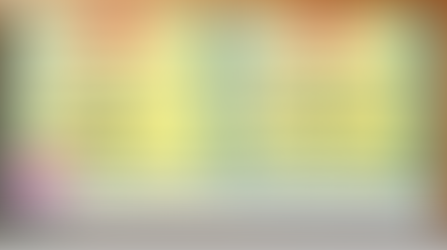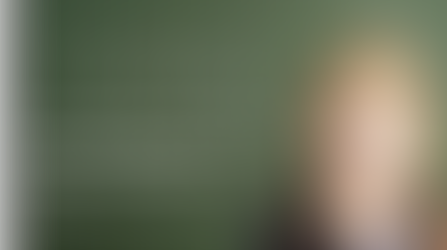10 persons in the Russian-Swiss relations
- ya7351
- 4 нояб. 2014 г.
- 3 мин. чтения
Frédéric-César de La Harpe (Russian: Фредерик Сезар Лагарп, 1754- 1838) a writer, philosopher and Swiss political leader, who played a leading role in the creation of the Helvetic Republic. He was a tutor to the Alexander – a grandson of Catherine II the Great – Russian tsaritsa.
Ioannis Antonios Kapodistrias (Russian: Иоанн Каподистрия,1776-1831)
- a Greek nationality, he was a Foreign Minister of the Russian Empire during the reign of Alexander I (his former pupil). He became a one of the most distinguished politicians and diplomats of Europe. When in March 1814 diplomatic relations between Bern and St. Petersburg were formally established, he became the first Russian ambassador to Switzerland.
Leonhard Euler (Russian: Леонард Эйлер, 1707 – 1783) was a pioneering Swiss mathematician and physicist. He taught at the Russian Academy of Sciences in St. Petersburg from 1727 to 1734.
Lev Nikolayevich Tolstoy (Russian: Лев Никола́евич Толсто́й, 1828 – 1910), also known as Leo Tolstoy, one of the greatest Russian writer, philosopher and political thinker who primarily wrote novels and short stories.
In 1857, stayed in Lucerne, he wrote the novel "Lucerne", which criticized the wealthy of the city.
Franz Lefort (Russian: Франц Яковлевич Лефорт, 1655 – 1699) was born in Jeneva. He was a Russian military figure of Swiss origin, general admiral (1695), and close associate of Peter the Great.
Aleksandr Ivanovich Herzen (Russian: Алекса́ндр Ива́нович Ге́рцен, 1812 – 1870) was a Russian writer and thinker known as the "father of Russian socialism".
By order of the Tsar was stripped of his Russian citizenship. In 1849 he came to Geneva, then became a citizen of the canton of Fribourg. Traveled around Europe until 1863, then begins mainly live in Geneva.

Domenico Trezzini (Russian: Доменико Трезини, 1670 – 1734) was born in Ticino. He was an engineer and architector, who elaborated the Petrine Baroque style of Russian architecture.
When he was working in Denmark, he was offered by Peter I of Russia, among other architects, to design buildings in the new Russian capital city, St. Petersburg. He became the first professor of architecture in Russia.

Alexander Nikolayevich Scriabin (Russian: Алекса́ндр Никола́евич Скря́бин, 1872 – 1915) was a Russian composer and pianist.
In 1904, he lived near Geneva, in 1907 in Lausanne, then settled in the Beatenberg, canton Bern.

Friedrich Erismann (Russian: Фридрих Эрисманн, 1842-1915) Swiss ophthalmologist and hygienist born in Gontenschwil, canton of Aargau.
He married the first Russian woman doctor. He had a practice in St. Petersburg before settling in Moscow, and devoted himself to scientific research. After being fired for political reasons, he returned to Zurich, where he conduct a compaign to improve the population health.

Aleksandr Isayevich[a] Solzhenitsyn (Russian: Алекса́ндр Иса́евич Солжени́цын, 1918-2008) - novelist, histori and a Russian dissident, who criticize Soviet totalitarianism.
He helped to raise global awareness of the gulag and the Soviet Union's forced labor camp system. While his writings were long suppressed in the USSR, he wrote many books, most notably The Gulag Archipelago, One Day in the Life of Ivan Denisovich, August 1914 and Cancer Ward.
Solzhenitsyn was awarded the Nobel Prize in Literature in 1970, "for the ethical force with which he has pursued the indispensable traditions of Russian literature". He was expelled from the Soviet Union in 1974 but returned to Russia in 1994 after the dissolution of the Soviet Union.













































Comments